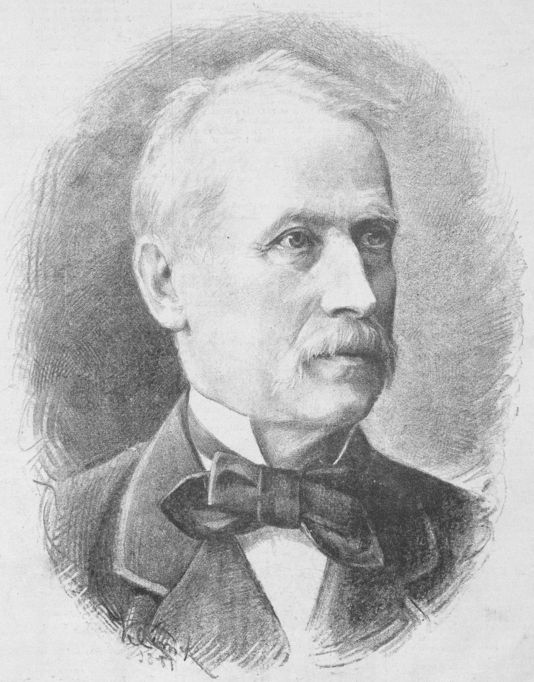Born in Ivano-Frankivsk (formerly Stanisławów, in the present-day Ukraine) on the 4th of June, 1822, as a son of Szymon Dunajewski, a district official in Nowy Sącz, and his wife Antonina (nee Błażewski), and brother of the future Cardinal Albin Dunajewski. In 1839-42 he studied law at the University of Vienna, and then at the University of Lviv. Having completed his studies, he worked as an assistant lecturer at the Department of Political and Statistical Sciences of the Jagiellonian University. In 1850 he received the title of Doctor of Laws at the latter academy, and five years later was appointed a professor of the Legal Academy in Pressburg (present-day Bratislava in Slovakia). In 1860 he was granted the title of professor of the University of Lviv, and in the following year he became professor of political sciences and statistics at the Jagiellonian University. He delivered lectures on political sciences, economy, statistics, criminal law, and administration. As an adherent of liberal economic doctrines he referred in his works to the thought of Adam Smith, Jean Baptiste Say, and Charles Rau. The 1860’s were a period of intense research efforts for the benefit of the Jagiellonian University, but also marked the beginning of his long-term political activity. Dunajewski held the office of Dean of the Faculty of Law (in the academic years 1862-63 and 1867-68); then he was Rector of the university as many as three times (in 1864-65, 1868-69, 1879-80), and its deputy rector three times, too (in 1865-1866, 1869-1870, 1880-1881). In 1871 he became a member of the Polish Academy of Arts and Sciences. He started his political career in 1864, obtaining at first the seat in the Diet of the Galicia and Lodomeria in Lviv, and then, from 1873 on – until the end of his life – on the Imperial Council – the Austrian Parliament - in Vienna. Once there, he became one of the leaders of the Rights in the struggle with the German centralism and supported the pro-Austrian orientation, speaking up resolutely against the January Uprising. He was also a well-known defender of the Polish language. He dealt, first and foremost, with the budget matters and administrative reform, and was a co-originator of the project of the structure of administrative authorities for Galicia. In 1880-91 he served as Minister of the Treasury of the Austrian Empire and was the first head of that department who effectively eliminated the budget deficit and successfully reorganized the imperial finances. Highly appreciated by Emperor Franc Joseph I himself, he was decorated by the ruler with, among others, the Knight’s rand Cross of the Order of Saint Stephen, and the Grand Cordon of the Austrian Imperial Order of Leopold. Having returned to Kraków, he resided in a mansion at 11 Podwale Street; hence a section of that street was named after him at a later period. Dunajewski died in Kraków on the 9th of November, 1907. His works include Ziemia i kredyt. Studium ekonomiczne (1864), O instytucjach gminnych (1850), Zarys organizacyjny władz administracyjnych w Galicji (1871; co-authored by Wiktor Kopff and Dionizy Skarżyński), and Wykład ekonomii politycznej (a series of lectures published only in 1935).

